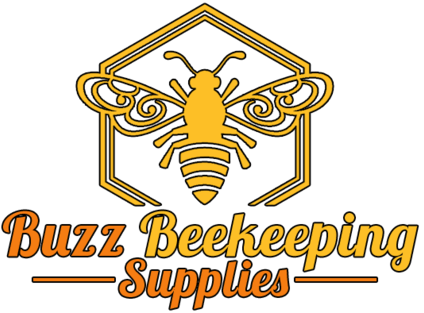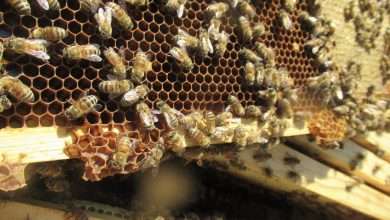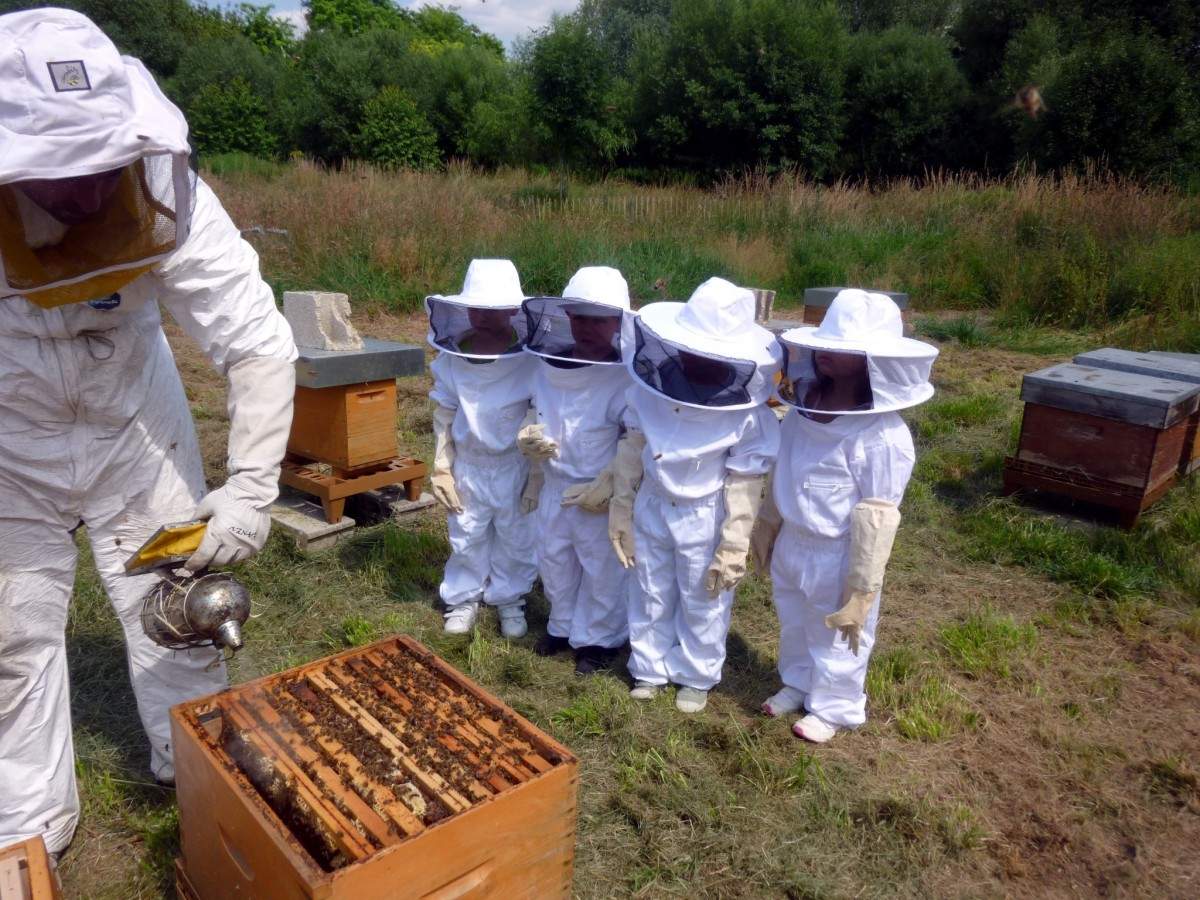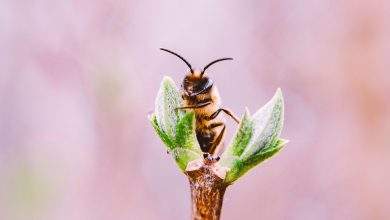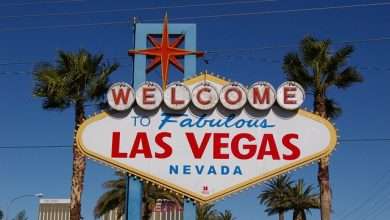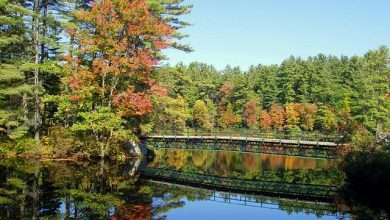Bee Supplies North Carolina
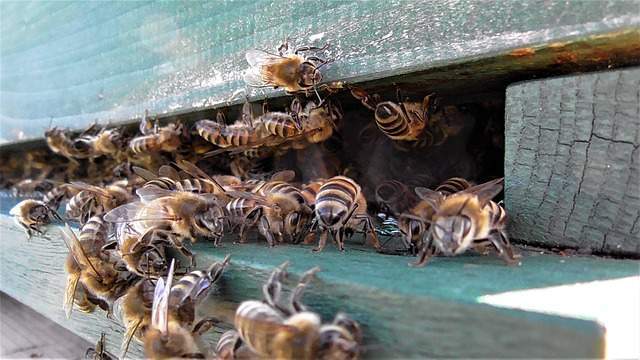
No matter where you are looking for beekeeping supplies in North Carolina , we’ve got you covered.
North Carolina boasts the most beekeepers of any state in the US. In addition, NC ranks in the top ten, ranked by number of beehives. It is estimated that there are about 120,000 colonies of honeybees in the state.
Most beekeepers in North Carolina have less than 10 colonies and are hobbyists.
Honey Bee Pollination
Some of the more than 100 crops pollinated by honey bees in North Carolina include: apples, blueberries, cucumbers, melons, squash, strawberries and watermelons.
Beekeeper Supplies in North Carolina
Typical beekeeper supplies needed in North Carolina include:
Beekeeping Woodenware
The most popular bee hive in the US is the 10-frame Langstroth hive, originally patented in 1852. This hive, for over 170 years, has been the industry standard.
The hive components include:
- Hive body
- Bottom board
- Honey super
- Frames
- Inner cover
- Hive cover
Beekeeper Protective Clothing
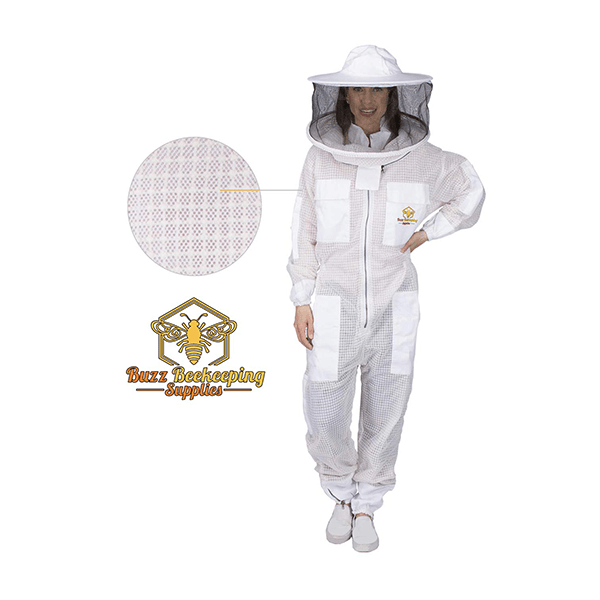
The most common protective gear for beekeepers include:
Beekeeping Suits
Both canvas beekeeping suits and ventilated bee suits are available.
Beekeeping Jackets
Canvas bee jackets and ventilated bee jackets are available.
Beekeeping Gloves
Goatskin bee gloves and cowhide bee gloves are available.
Many times, you can purchase a combo pack of a bee suit and bee gloves at a discount.
Please note: Your beekeeping suit or beekeeping jacket should come with a veil included.
Beekeeping Equipment and Tools
Here is a list of some common beekeeping tools:
- Hive tool
- Hive smoker
- Queen marker
- Bee Brush
- Hive feeder
- Entrance reducer
The state association is Minnesota Honey Producers Association.
Where to buy bees and nucs in North Carolina ?
One of the best places to purchase queen bees, packaged bees and nucleus hives (nucs) is your local bee club. There are over 80 beekeeping clubs in the state.
Here is a list of local bee clubs in North Carolina::
| Alamance County Beekeepers |
| Ashe County Beekeepers Association |
| Beekeepers of Chowan County |
| Beekeepers of the Albemarle |
| Beekeepers of the Neuse |
| Buncombe County Beekeepers |
| Burke County Beekeepers |
| Cabarrus County Beekeepers |
| Caldwell County Beekeepers Association |
| Caswell County Beekeepers Association |
| Chatham County Beekeepers’ Association |
| Craven-Pamlico Beekeepers Association |
| Crystal Coast Beekeepers Association |
| Cumberland County Beekeepers Association |
| Davie County Beekeepers |
| Durham County Beekeepers Association |
| Five County Beekeepers Association |
| Forsyth County Beekeepers Association |
| Franklin County Beekeepers Association |
| Guilford County Beekeepers |
| Halifax-Northampton Beekeepers |
| Harnett County Beekeepers Association |
| Haywood County Beekeepers |
| Henderson County Beekeepers Association |
| Hoke County Beekeepers |
| Iredell County Beekeepers Association |
| Johnston County Beekeepers Association |
| Lee County Beekeepers Association |
| Madison County Beekeepers Association |
| McDowell County Honey Bees |
| Mecklenburg County Beekeepers Association |
| Montgomery County Beekeepers Association |
| Moore County Beekeepers |
| New Hanover County Beekeepers Association |
| Onslow County Beekeepers Association |
| Orange County Beekeepers Association |
| Outer Banks Beekeepers’ Guild |
| Pender County Beekeepers Association |
| Person County Beekeepers Association |
| Randolph County Beekeepers |
| Rockingham County Beekeepers Association |
| Rowan County Beekeepers |
| Rutherford County Beekeepers |
| Sampson County Beekeepers |
| Smoky Mountain Beekeepers Association |
| Stanly County Beekeepers Association |
| Stokes County Beekeepers Association |
| Surry County Beekeepers Association |
| Tar River Beekeepers |
| Toe Cane Beekeepers |
| Union County Beekeepers Association |
| Wake County Beekeepers Association |
| Watauga County Beekeepers Association |
| Stanly County Beekeepers Association |
How to Become a Certified Beekeeper in NC
Here are the steps needed to reach the level of Certified Beekeeper in North Carolina:
- Be a current NCSBA member.
- Pass a written test, which is administered through a local NCSBA chapter or given at one of the statewide conferences or testing events.
- Pass a practical test administered by a Certified Level Beekeeper or higher, as presented in the “Practical Examination” form available below. A minimum of four months beekeeping experience is needed prior to taking practical test.
- The Practical test will only be valid if given after the candidate successfully passes the Certified Level written exam.
Beekeeping in North Carolina
The North Carolina Department of Agriculture regulates the apiary industry.
The Plant Industry Division oversees beneficial insects, including inspecting honey bees.
North Carolina Beekeeping Laws
The North Carolina Honey Bee and Honey Act of 1977 authorizes the North Carolina Commissioner of Agriculture and the N.C. Board of Agriculture to promote, improve, and enhance the bee and honey industry in North Carolina, particularly relative to small beekeepers.
The beekeeping laws in North Carolina can vary, depending on which city or county you reside or keep bees.
Honey Varieties in North Carolina
There are four main types of honey produced in North Carolina:
- Sourwood honey
- Apple Blossom honey
- Clover honey
- Wildflower honey
Selling Honey in North Carolina
If you want to participate in specific North Carolina programs, such as becoming a Certified Honey Producer or selling honey at NC state farmers markets, you must meet additional label requirements. A well-designed honey label can go a long way towards attracting customers to your honey.
Vendors at department-operated farmers markets must apply for approval to sell honey labeled or advertised as “Sourwood” or “North Carolina.” The requirement applies to beekeepers selling their own honey and vendors selling honey produced, packaged or distributed by others.
The guidelines apply to honey vendors at:
- The State Farmers Market in Raleigh
- Charlotte Regional Farmers Market
- Piedmont Triad Farmers Market
- Farmers Market in Asheville
- Southeastern N.C. Agricultural Center
- Farmers Market in Lumberton
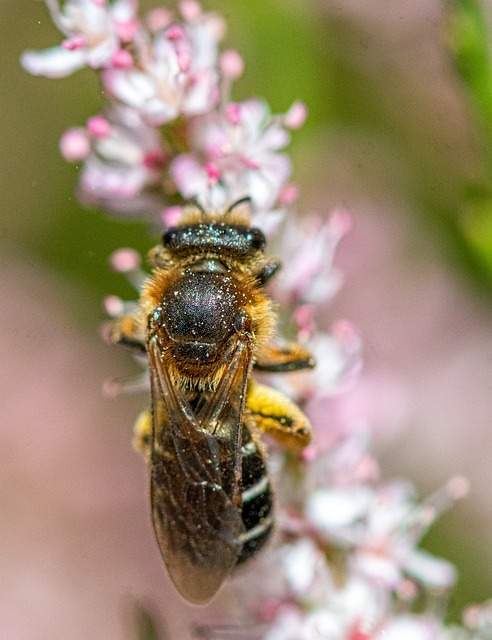
The guidelines do not apply at other markets across the state.
Honey Labeling Requirements
If you are producing, collecting, or creating food products that you plan to package and sell, there are specific labeling requirements that you must follow.
Besides following federal laws, NC honey producers must adhere to the following guidelines:
- The name honey
- Floral source (sourwood, wildflower)
- Net quantity of contents – identified in both pounds/ounces and grams
- Business name and address of manufacturer, packer or distributor
Frequently Asked Questions
How many bees are in North Carolina?
North Carolina has more than 500 native bee species, of which 70% are ground nesters.
Can I have a beehive in my backyard?
Yes, many non-commercial beekeepers locate their hives in their backyards. Just follow the rules and regulations (and be considerate of your neighbors).
How many acres are required for beekeeping?
Usually, 1 to 2 acres of land is adequate. Some beekeepers even have their colonies located on half-acre lots.
